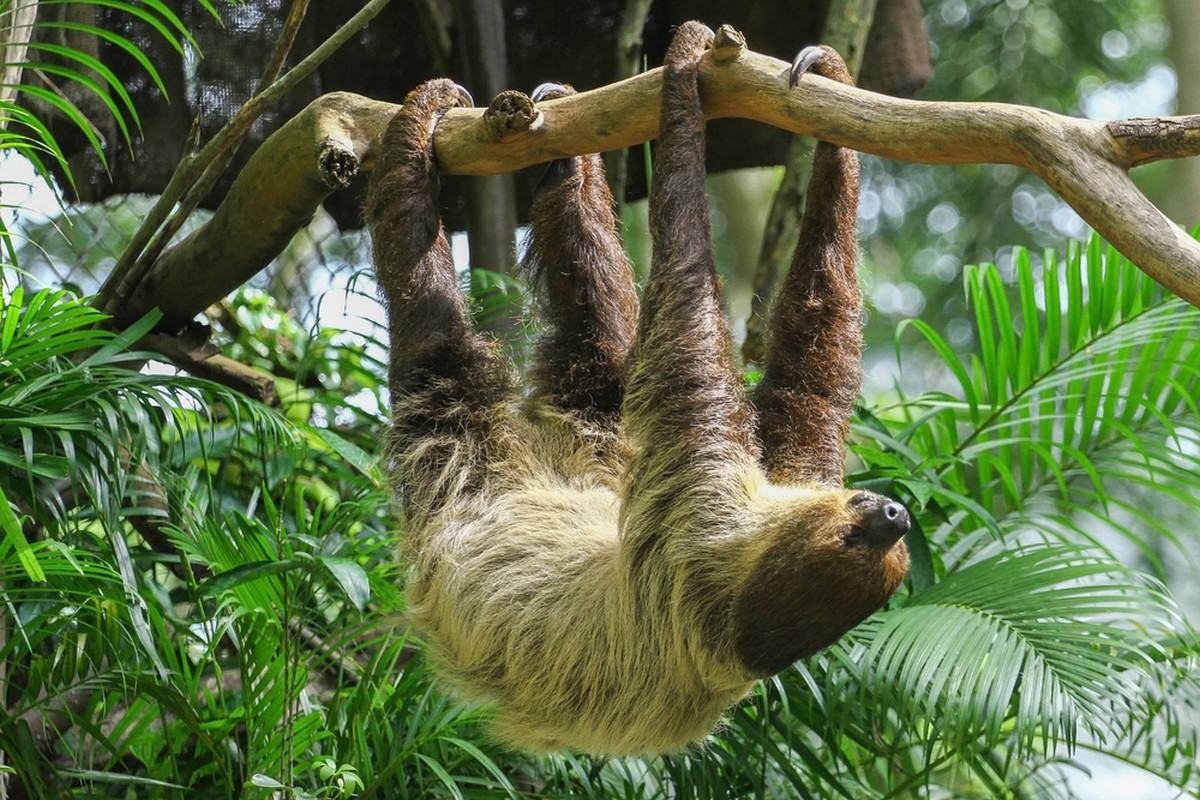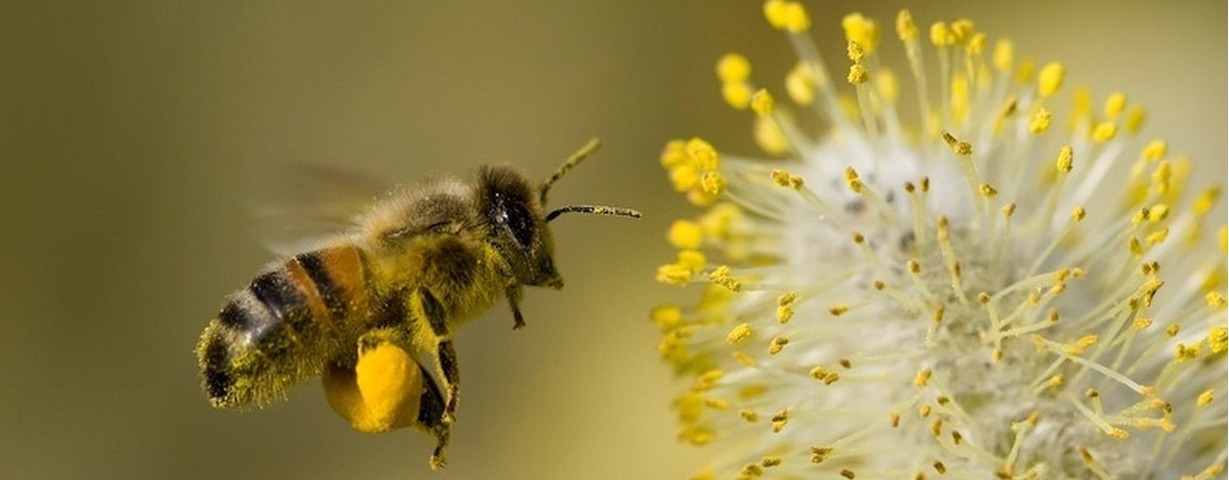14.1 The significance of biodiversity
Over the course of the Earth's long history, a great variety of living organisms has developed on the planet.
The total number of species of living organisms can only be estimated. Currently, approximately 2 million species of living organisms have been discovered and named. However, new species, especially invertebratic animals, are discovered every year, especially in the tropical rainforests.
The planet's biodiversity is threatened by human activity. Forest clearing, agriculture, fishing and climate change are all factors that put the survival of the planet's diverse flora and fauna at risk of extinction.

The sloth is an animal species that lives in the tropical rainforests.
Human activity reduces the planet's biodiversity both directly and indirectly. Global biodiversity is threatened most significantly by the destruction of tropical rainforests and climate change. The most endangered ecosystems are tropical rainforests, wetlands, coral reefs and isolated oceanic islands.
Conserving the planet's biodiversity is important. Humanity benefits from biodiversity in a variety of ways. Most importantly, humans use many plant and animal species as their source of food. Another significant factor is that the active ingredients of many types of medicines are only found in nature.
The importance of biodiversity conservation is best understood when considering the importance of biodiversity for human activity and thinking about it as a renewable natural resource. Human life is dependent on the continued existence of these natural resources. An example of the importance of living organisms is pollinator insects, which are necessary for the development of fruits and berries.

The activity of pollinator insects is an example of an ecosystem service. If all pollinator insects would suddenly die out, foods such as berries and fruits would cease to develop. This is why conserving the diversity of our planet's species is vital to human existence.